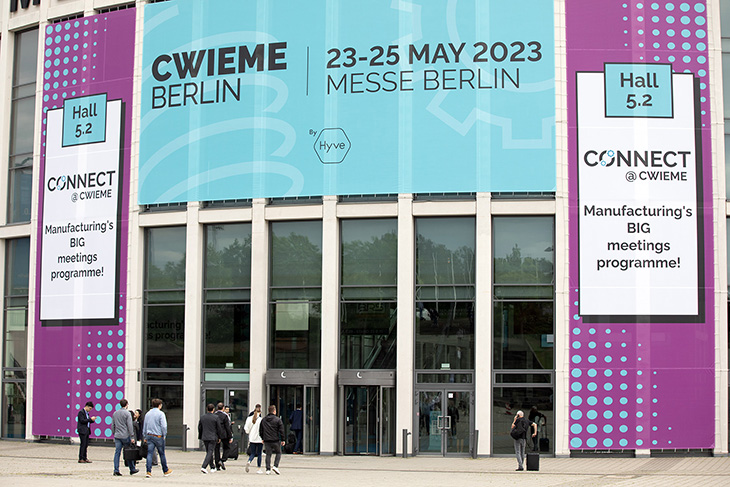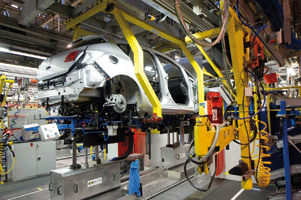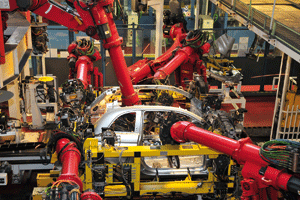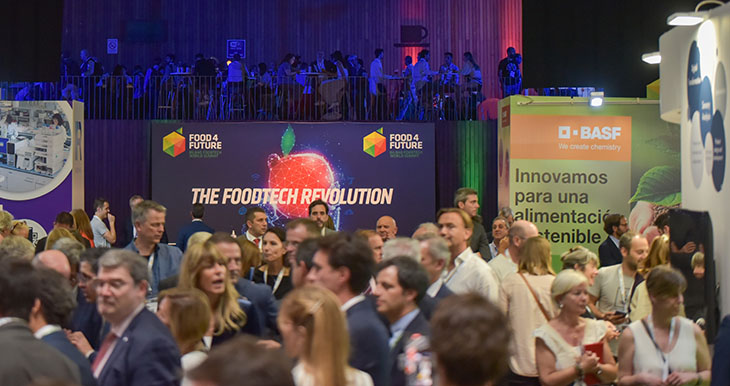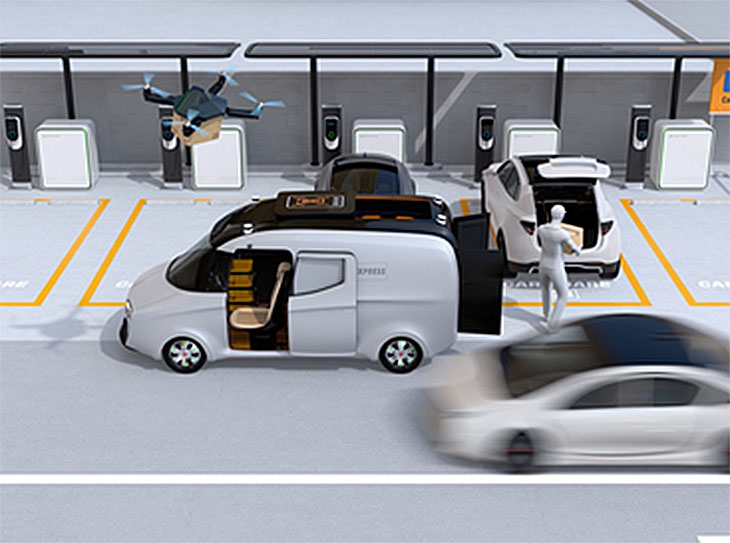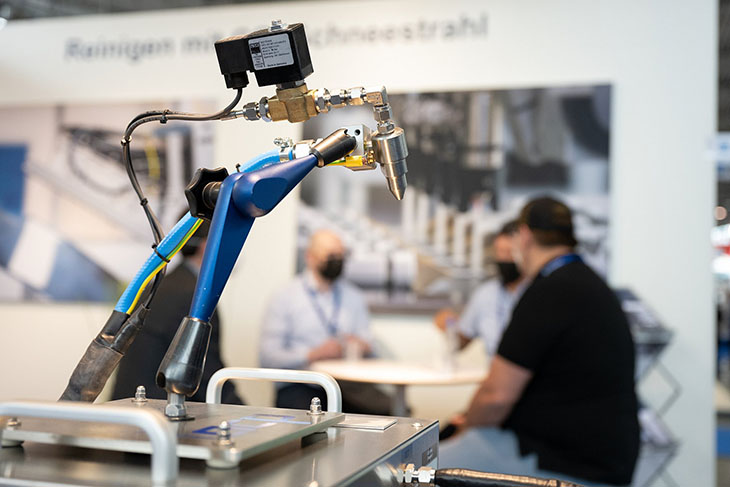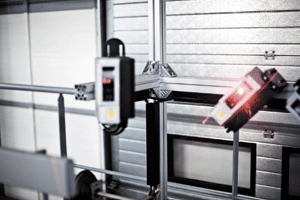- Research partners developed a cross-industry platform allowing drivers to control charging of electric cars
- Purpose is to increase usability for drivers and build an ecosystem making it easier to deploy electric cars around the world
- Partners are Volvo Car Corporation, Göteborg Energi, Viktoria Institute and Ericsson
Through an innovative research project across several industries, Ericsson (NASDAQ: ERIC) will bring mobile connectivity to electric cars and put choice and control over the charging schedule into the hands of drivers.
The new architecture allows drivers to control charging of cars while they are plugged into any ordinary power outlet. Additionally, the system directs energy costs to the car owners' bill. The driver sets the time and amount to charge on a console in the car or remotely via a smartphone or tablet.
Using the mobile network, the car then communicates with the grid so that charging is scheduled based on energy prices on the grid, reducing user costs. For the energy utilities, coordinating the charging of cars across the grid is more efficient and sustainable.
To provide a range of perspectives the concept was developed in a consortium involving Volvo Car Corporation, Göteborg Energi, the leading utility in western Sweden, Ericsson and Viktoria Institute, a non-profit IT research institute.
Per-Åke Olsson, CEO at Viktoria Institute, said: "Our mission is to take knowledge to market as innovations. This is a successful example of cross-industry collaboration with great business potential. We believe that this project will support global market penetration of electric vehicles, thus helping society towards sustainable mobility."
Göteborg Energi is taking an interest in the digitalization of the charging infrastructure, and the strategies and possibilities it creates. "Electric vehicles will be a key component both for a sustainable society and for a smart grid. We are committed to making the charging of the vehicles easy, as well as optimizing the use of the power grid at the same time," says Lotta Brändström, CEO Göteborg Energi.
The Volvo Electric C30, now in low-scale production for leasing customers in Europe, has been used during the project and equipped with the in-vehicle meter and software. Lennart Stegland, Vice President Electric Propulsion Systems, Volvo Car Corporation, said: "Our basic view is that the owner of an electric vehicle shouldn't have to sacrifice any of the properties he or she expects from a luxury car. This smart technology for charging in any outlet, and paying automatically via your own electricity bill, is an excellent example of how we do everything to make the daily use easier for the customer."
Ericsson's contribution to the project is to understand and influence how existing and future mobile networks, services and terminals can support new business concepts as well as services that benefit society. Ericsson is providing IT and communications expertise.
Paolo Colella, Head of Consulting and Systems Integration at Ericsson, says: "New solutions like these need to seamlessly and reliably coordinate multi-party machine-to-machine and human-to-machine interactions, where both people and machines are mobile, while allowing secure financial transactions. Our job is to make that simple."
Key points of the project include:
- Using existing mobile networks and the grid
- Having the electricity meter in the vehicle which allows control of charging, either immediately or on a schedule set by the driver, with the costs being allocated against the driver's bill.
- A flexible model to adapt to different regulations around the world, and support for a variety of novel business models - some with new actors like over-the-top application providers.
- The project has been financed by the four partners as well as the region of Västra Götaland and the research foundation of Göteborg Energi.
The specially equipped Volvo Electric C30 will be on display at Ericsson's Hall 6 at LaFira during the Mobile World Congress in Barcelona, Spain, from February 27 - February 29, 2012.

















